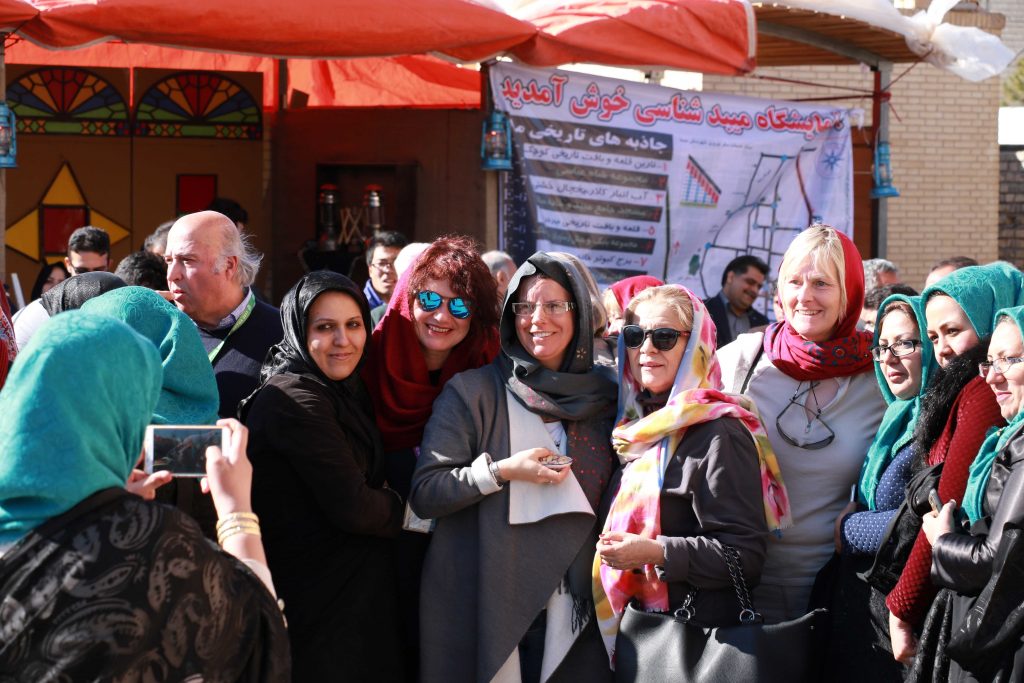Iran is said to be one of the most amazing places in the world! Not just its beauty and culture, but the people there are something else.
Taarof is a polite gesture that includes giving and receiving gifts, money, food, and other favors. However, there is a fine line between making a thoughtful gesture and offending someone. This is why it’s best to familiarise yourself with the Taarof culture.
What is Taarof?
Think of Taarof as “Who pays the bill” in some cultures. It is their way of showing respect, reverence for elders, hospitality, and politeness. However, there is a way to deal with the process. It’s best to politely decline the first time, but take it out of respect the second or third time.
Once accepted it’s best to show appreciation for their generosity, and thank them for their care, effort, and time. You can thank them in any language and use your body language to show your appreciation. To which they will politely respond with “ghabel nadareh” which means “it’s nothing“. Even then it’s best to make a point on how amazing they have been, and how much you appreciate them.
Another way to show how much you appreciate their generosity is by bringing them sweets or flowers. Additionally, you can use the term “sepas gozaram” to show your gratitude. These might seem like small gestures that don’t mean much, but just being polite and appreciating their effort means a great deal to them.
Read also: 9 Top Iran Festivals | Soak up in the Iran Culture
Taarof is not just limited to someone you know, or are getting to know. It is also in refusing payment to service, such as a taxi ride. It might seem confusing at first, but it is a way for the locals to show hospitality. Even if you have set a payment before the ride there is a good chance you will hear “Ghabeleh shoma ro nadaureh” which translates to “for you, it’s free”. An extremely kind gesture, but that does not mean you leave them empty-handed. Keep in mind that it’s customary for any service provider to refuse payment the first two or three times. This is why it’s best to thank them for their kind offer, and for the service they offer – while politely offering them what they are owed. Just because it’s their culture to refuse out of respect, does not mean they should go home empty-handed.
Phrases to help you with Taarof

Someone who does not speak the national language might find themselves in a bind, to help you out we have listed down a few terms that can help you keep track of what is going on. Making sure you are going about the process in a proper manner.
● Ghabeleh shoma ra nadaureh – You don’t owe me anything or its nothing
● Merci – Thank you
● Sepas gozaram – Thank you very much
● Daste shoma dard nakoneh – May your hands not hurt
● Khasteh nabashid – Do not be tired
● Befarmaeid – Here you go
● Khwahesh Mikonam – Please I insist
● Mozahem shodam – Sorry to bother you
● Lotfan – Please
Read also: Tips You Wish to Know about Iran Culture

